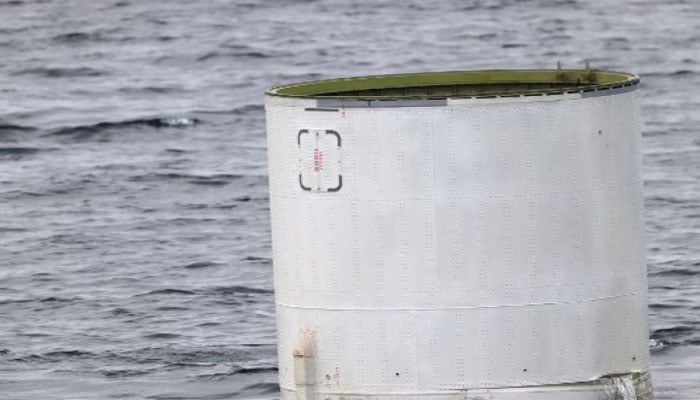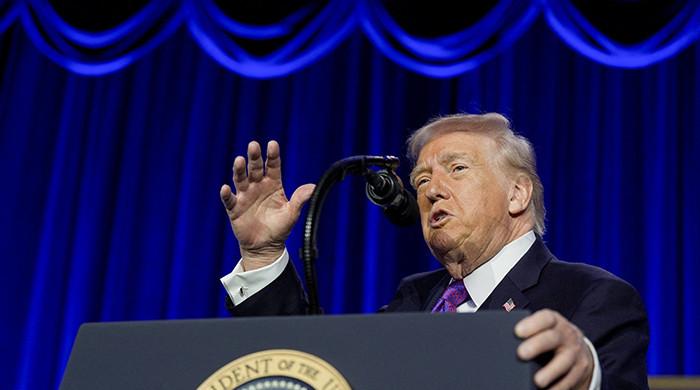North Korea's attempted spy satellite launch draws criticism
International community continues to monitor North Korea's actions closely, considering the implications for regional security and stability
May 31, 2023

North Korea launched a military spy satellite called "Malligyong-1" on May 31, but it crashed into the sea shortly after takeoff due to an "accident."
The launch was personally overseen by North Korean leader Kim Jong Un, who has prioritised the development of a military spy satellite. The official Korean Central News Agency reported that the rocket crashed into the sea after the second-stage engine started abnormally, causing a loss of thrust during normal flight.
South Korea's military detected the satellite launch and confirmed that it disappeared from radar early and fell into the sea due to abnormal flight. The launch had been criticised by both South Korea and Japan, as it violated UN sanctions prohibiting Pyongyang from conducting tests involving ballistic missile technology.
Analysts suggest that North Korea's pursuit of satellite launches could provide cover for testing intercontinental ballistic missiles (ICBMs) since the technologies are similar.
Following the launch, Seoul city authorities sent an emergency alert message to residents, urging them to prepare for evacuation. However, the alert was later deemed "incorrectly issued" by Seoul's interior ministry, causing confusion among the public. Despite the failed launch, experts believe that Kim Jong Un's determination could lead to further provocations, including a speculated nuclear test.
North Korea has previously launched satellites, with mixed results. Out of the five satellites launched since 1998, three failed immediately, while the other two possibly reached orbit but did not provide any independent signals. North Korea said that its new spy satellite was crucial for tracking, monitoring, and responding to the "dangerous military acts of the US and its vassal forces."
Since diplomatic efforts broke down in 2019, North Korea has intensified its military development, conducting numerous banned weapons tests, including the test-firing of multiple ICBMs. Kim Jong Un declared North Korea an "irreversible" nuclear power and called for a significant increase in weapons production.
The launch of the spy satellite is seen as a violation of UN Security Council resolutions, according to South Korea's foreign ministry.
Despite the failure of this satellite launch, it is expected that North Korea will engage in political propaganda to highlight its space capabilities. The international community continues to monitor North Korea's actions closely, considering the implications for regional security and stability.











